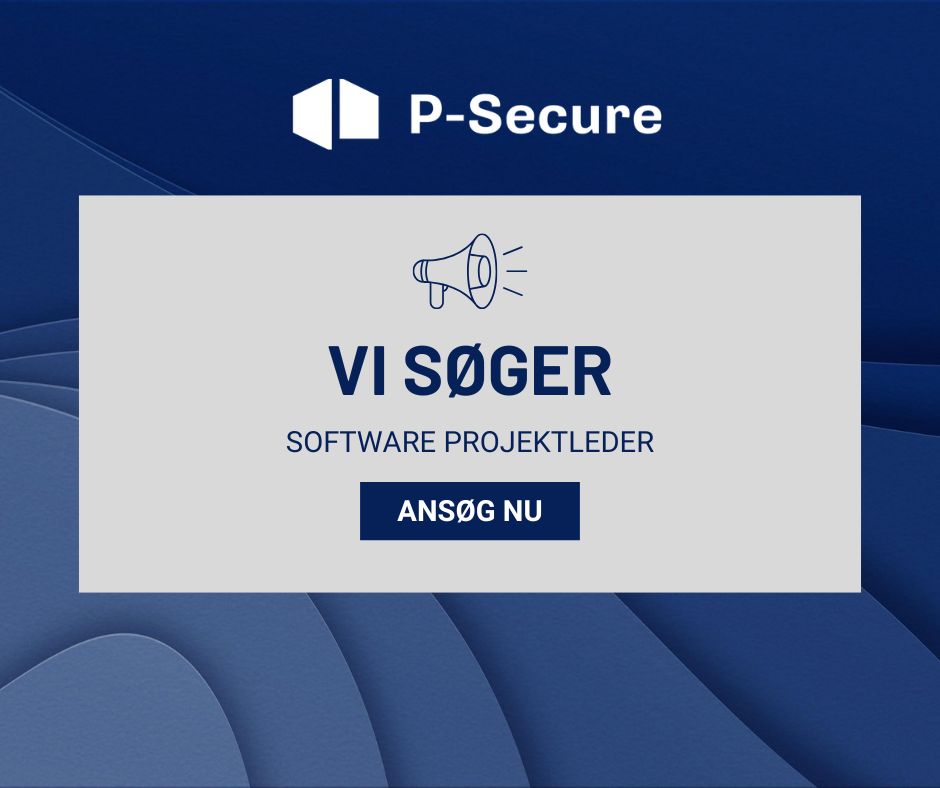The principle of sectoral responsibility should in principle ensure that decisions are taken by people with the right sectoral expertise. However, this presupposes that the professional prerequisites are present and that the efforts are coordinated.

The principle of sectoral responsibility is a fundamental element of effective governance and decision-making, especially when it comes to dealing with complex security challenges. This principle implies that decisions must be made by individuals with the right sectoral expertise. But in order for this principle to work effectively, it requires not only the presence of the necessary professional prerequisites, but also well-coordinated efforts. Without these elements, we run the risk of lacking the necessary protection.
In many cases, boards and companies do not have the necessary expertise to interpret and act on assessments from the Police Intelligence Service (PET). This makes it challenging to prioritize and implement the necessary security measures effectively. In this context, it is a pleasure to see how Green Power Denmark has taken an initiative to address this issue.
Industry-specific standards and concrete tools are essential to deal with threats such as espionage. Trade organizations have a unique opportunity to play a key role in this process. By developing and sharing these resources, they can not only improve security in their respective sectors, but also save their members from unnecessary expenses.
This initiative is a step in the right direction towards strengthening the ability of sectors to protect themselves from complex and constantly evolving security threats. It is an example of how sectoral responsibility and professional expertise can combine to create a more robust and secure future for all.
